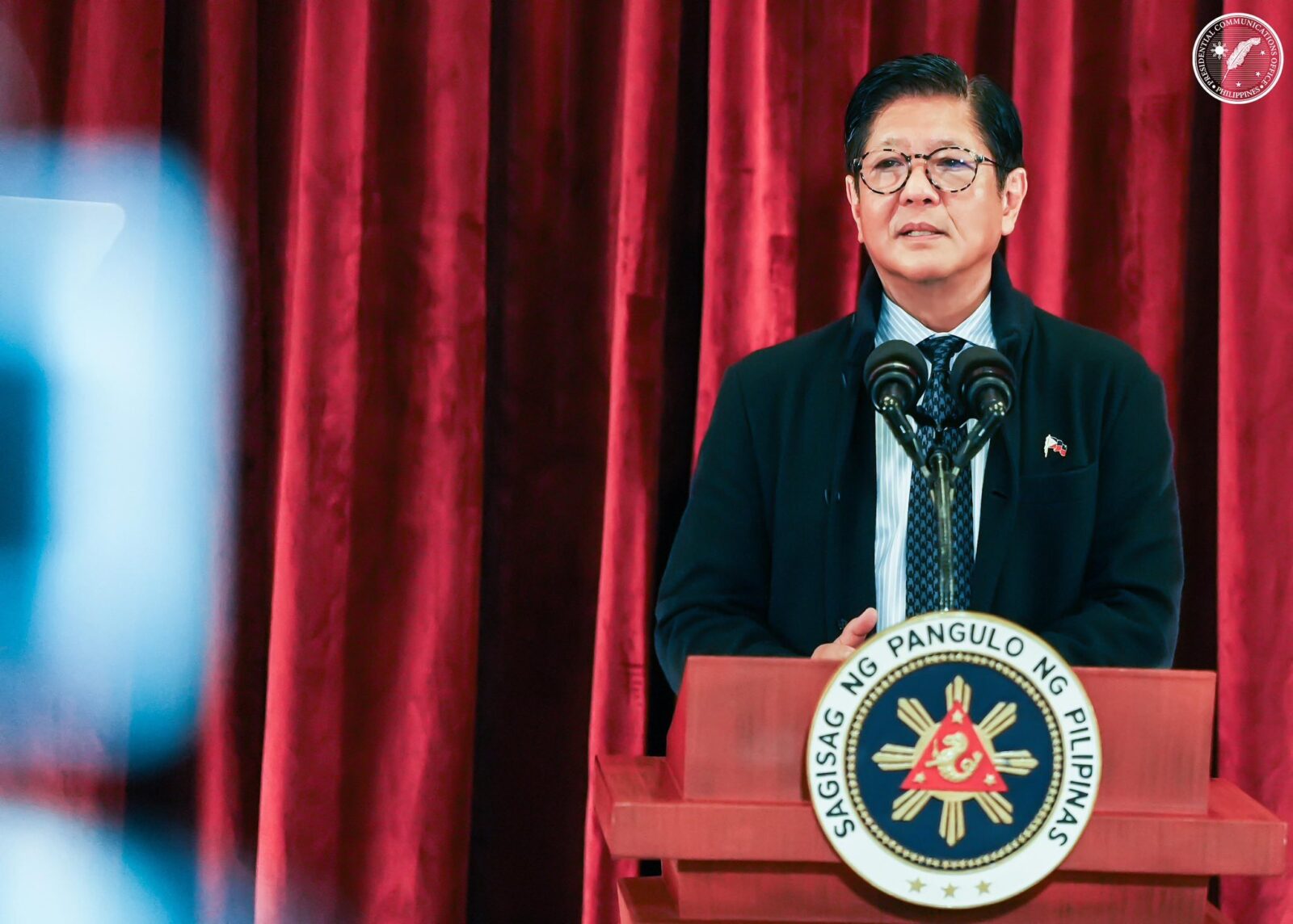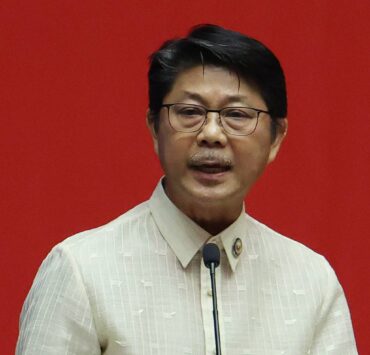MBC exec: Marcos ‘deserves credit’ for antigraft drive, but…

An official of one of the country’s largest business groups said President Marcos should be given credit for the ongoing drive against corruption, particularly in public works, but it’s the voters who could ultimately ”punish” the liable politicians.
“He deserves credit, but we’ve got to follow through on this. It’s not Malacañang’s job alone,” Makati Business Club (MBC) executive director Rafael Ongpin said on the sidelines of an Asia Society Philippines event on Tuesday.
“At the end of the day, we need to punish these people and not re-elect them,” he said in an Inquirer interview.
In a talk with former Indonesian trade minister Gita Wirjawan, Ongpin said corruption in the Philippines had become a “self-feeding system” where politicians plunder public coffers to keep themselves in office.
Recent estimates from the Department of Finance put economic losses due to graft-tainted and often substandard flood control projects at P118.5 billion in the past three years.
‘A sick polity’
“(Corruption is) now seen as one of the major obstacles to progress, both economic progress and social progress,” he said. “We really have a sick polity, a diseased polity. Corruption is a cancer that we need to root out.”
The MBC official admitted that the anomalies uncovered in the graft investigations had “dampened” business confidence.
“The primary impact has been one on trust. It has shattered the trust, not just of the private sector, but I think of the people at large in the political elite,” Ongpin said.
“It’s not just dampened; people are really angry. And we’re not sure what to do about that because it’s going to be a long struggle to rebuild that confidence,” he said, adding that the scandal’s full impact on the business climate has yet to be seen.
One ”indirect effect” was the Philippine economy’s sluggish growth of 4-percent in the third quarter, primarily due to cuts on infrastructure spending amid the corruption probes, he said.

















